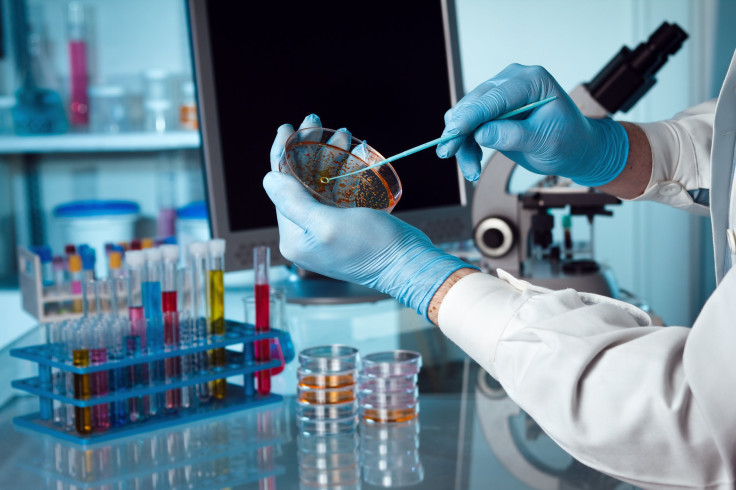Japanese Lab To Retract ‘Ground-Breaking’ Stem Cell Study Over ‘Misconduct’ And ‘Discrepancies’

A lab funded by the Japanese government has begun the process of possibly retracting a so-called ground-breaking study on stem cells due to “inappropriate handling” of data, they announced Friday. The announcement comes after allegations of duplicated images of DNA fragments, as well as plagiarism, in the articles.
The RIKEN research institute released a report saying it had appointed an investigative committee to review any “misconduct” that may have taken place in the course of the research, though the veracity of the research itself is not being contested.
The investigators are looking for “significant discrepancies” in the articles. “It may become necessary to demand the withdrawal of the articles,” RIKEN President Ryoji Noyori, a Nobel laureate in chemistry, said at a news conference in Tokyo, according to CBS News.
The investigative committee, however, stated that thus far it had found a few inappropriate instances of data handling but “the circumstances were not judged to constitute research misconduct,” RIKEN explained in a statement.
The results of the study had originally been called “game-changing,” as they had defined a new method to grow tissue that would ultimately treat diseases like diabetes and Parkinson’s disease.
The experiment involved reprogramming animal cells back into an embryonic state, which would give them the ability to generate plenty of different kinds of tissue. Researchers were able to transform the blood cells of newborn mice by soaking them in mildly acidic solution for half an hour, which caused a shock that left them pluripontent, or able to regenerate into different kinds of tissues.
“[T]his could be the game changer that ultimately makes a wide range of cell therapies available using the patient’s own cells as starting material — the age of personalized medicine would have finally arrived,” Chris Mason, chair of regenerative medicine bioprocessing at University College London, told Reuters. Mason, who had not been involved in the study, also added that it would be “the most simple, lowest-cost and quickest method” to create stem cells.
Three of the paper’s authors agreed to retracting the study, but in order for it to be fully removed, all authors and the journal in which it was published, Nature, must come to a consensus.



























